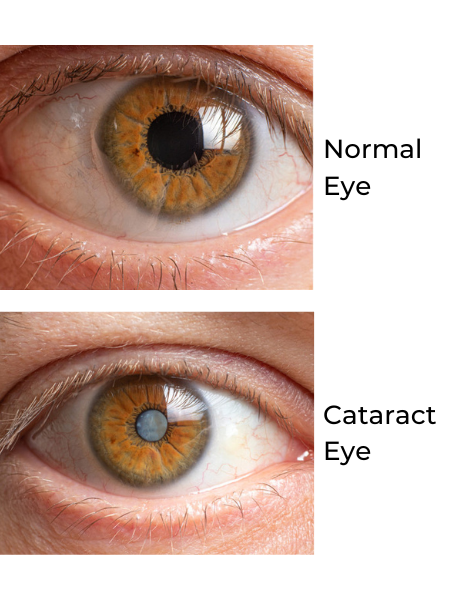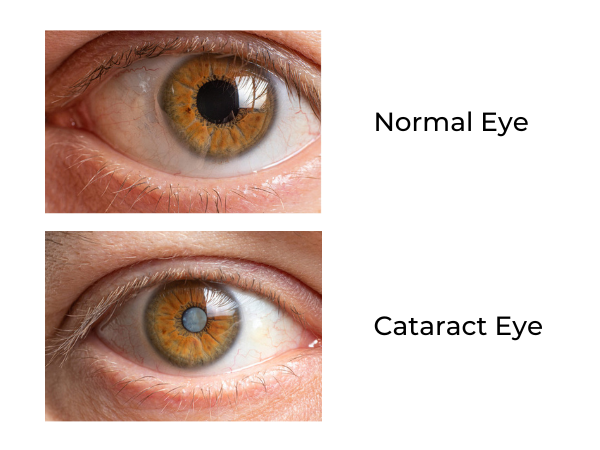Search
Search
Cataracts are one of the more common types of eye problems that can impair your vision. They develop as the lens of your eye becomes cloudy, which can happen as you age. Learning more about cataracts can help you understand the importance of having your vision and eyes checked for this eye condition.
Cataracts are one of the more common types of eye problems that can impair your vision. They develop as the lens of your eye becomes cloudy, which can happen as you age. Learning more about cataracts can help you understand the importance of having your vision and eyes checked for this eye condition.
More than 24 million adults in America have cataracts, especially those who are over 60 years old, making age-related cataracts the most common kind. These cataracts slowly develop as your eyes change with age and usually affect the center of your lens. These are known as nuclear cataracts, and they typically cause increasingly cloudy or blurry vision.
Other types of cataracts can also affect your vision, such as cataracts that develop on the edges of your lens or cataracts that occur in the back of your lens. Cataracts that affect the rear part of your lens tend to get worse faster than other cataracts.
There are actually several different types of cataracts: nuclear, cortical, and posterior subcapsular.
While most cataracts develop gradually — some people don’t even realize they have them until they can’t see clearly or differentiate distinct colors at night — posterior subcapsular cataracts tend to advance quite quickly. These cataracts are also the cause of the most common symptoms of cataracts: glare from bright lights and halos around lights at night. That said, all three types of cataracts can make your vision blurrier and impede your ability to go about your day.


You can help prevent cataracts from significantly impairing your vision with simple lifestyle changes, such as wearing sunglasses outdoors to reduce UV damage. You might not need treatment for cataracts until they severely impact your everyday activities or your quality of life overall. If you have considerable trouble seeing due to advanced cataracts, treatment is available. Cataract surgery replaces clouded lenses with artificial lenses that restore clearer vision.
If you find that cataracts are compromising your quality of life, you may want to consider cataract surgery, a common procedure that is performed nearly four million times each year in the U.S. alone.
Replacing a lens that is clouded by a cataract is a safe, quick, and effective surgical procedure. The clouded lens comes out, an artificial lens goes in, and your vision becomes clearer — all in under 20 minutes.
